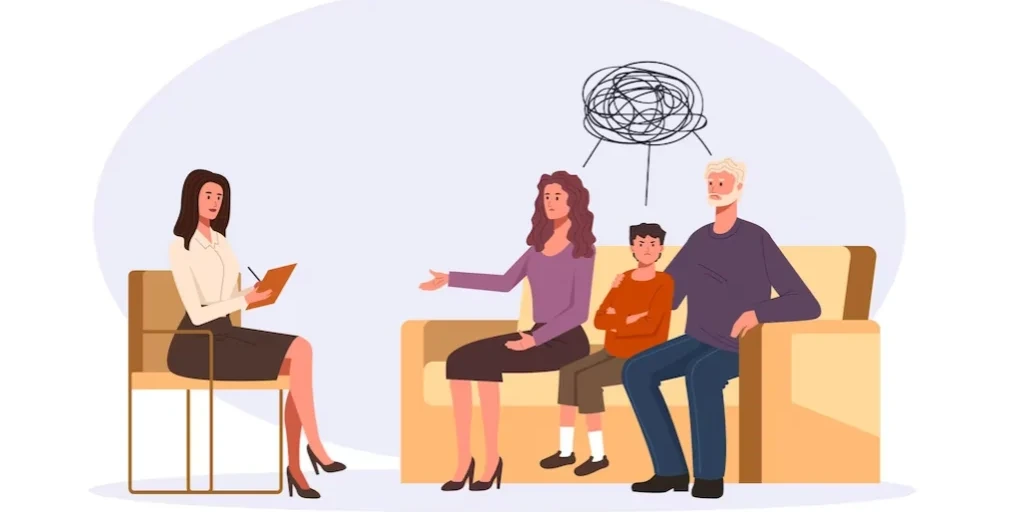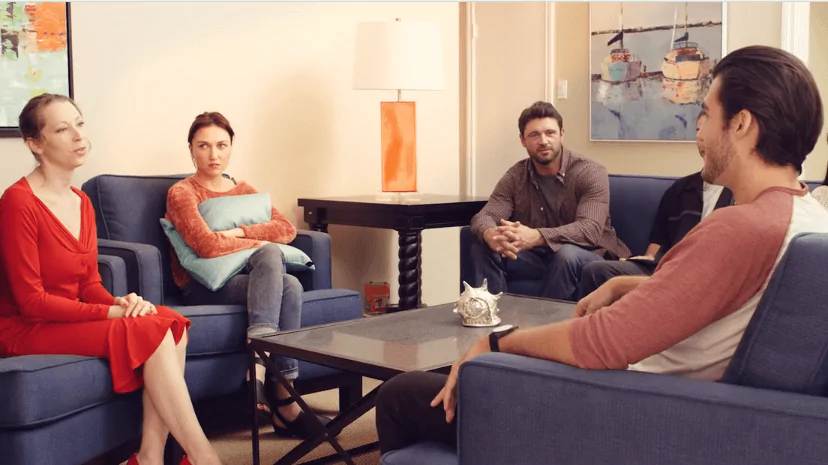24/7 Helpline:
(866) 899-111424/7 Helpline:
(866) 899-1114
Learn more about Bipolar Disorder Treatment centers in Hughes County
Bipolar Disorder Treatment in Other Counties

Other Insurance Options

Self-pay options

Access to Recovery (ATR) Voucher

Health Partners

AllWell

Absolute Total Care

Aetna

Meritain

Ambetter

Ceridian

United Health Care

Covered California

Evernorth

Amerigroup

CareSource

MHNNet Behavioral Health

Optima

Health Choice

State Farm

Carleon

Medical Mutual of Ohio

Oklahoma Families First
Oklahoma Families First is a private rehab located in Holdenville, OK. Oklahoma Families First speci...















































Carl Albert
Carl Albert is a public rehab located in Holdenville, Oklahoma. Carl Albert specializes in the treat...











































